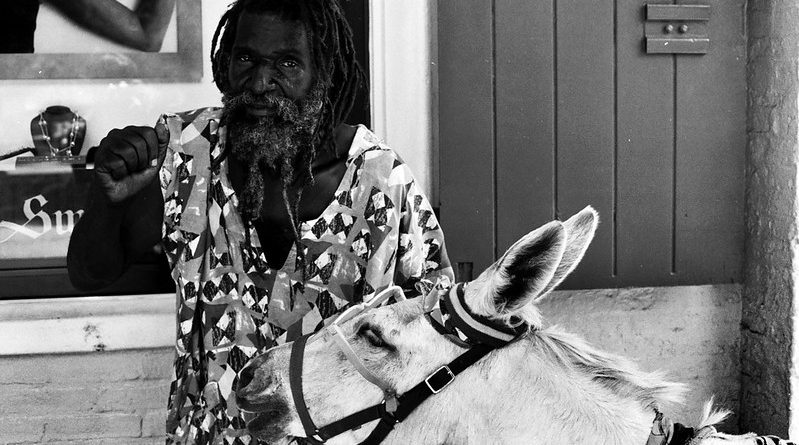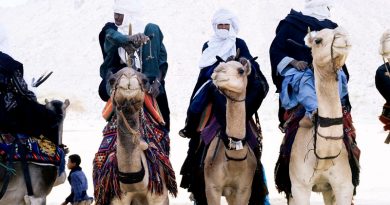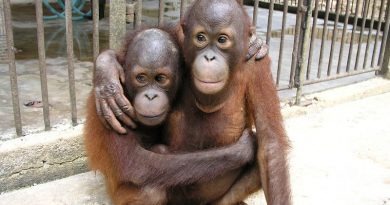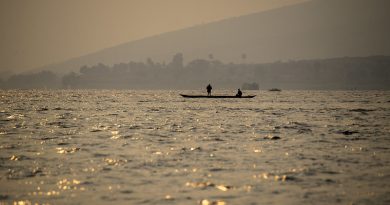Freedom of Africa: Rastafarianism
Culture Facts
Where: Its base is Kingston, Jamaica and followers are spread throughout the world
What’s it about: Purity of the body, freedom from slavery & Adam & Eve as black men
Rituals: Eating pure foods, mains of dreadlocks & smoking marijuana
Jamaica is famed throughout the world for its Rastafarian religion, which has several unique practices. They believe that Haile Salassie, the former leader of Ethiopia, is their leader. They are generally free spirited, and believe in the spiritual use of marijuana or ganja.
Rastafarians also claim that white Christian preachers and missionaries have perverted the scriptures to conceal the fact that Adam and Jesus were black, and their rituals include the chanting of revivalist hymns.
Rastafari was the pre-coronation name of Emperor Haile Selassie. Ras is a term equivalent to duke or lord, and Tafari was the family name of Emperor Selassie. Hailes Selassie claimed to be a direct descendant of King David, and as time went on, his followers, the Rastafarians, regarded him as a manifestation of God.
The Rastafari movement grew out of the darkest depression that the descendants of African slaves in Jamaica had ever lived in – and out of this arose the Philosophy of the Rastafari faith, chanting the cry:
‘Freedom of Spirit, Freedom from Slavery, Freedom of Africa’
The death of Haile Selassie in 1974 shook the Rasta world. Some were shaken in their beliefs, while many others, especially the elderly refused to believe his death at all and insisted it was a white media conspiracy.
However, the Rasta culture has grown stronger in the years since Selassie’s death. A major proponent of Rastafarianism in the sixties and seventies was singer and songwriter Bob Marley. In 1967, Marley joined the Rastafari, which change became a dominant theme in his music. Contemporary reggae draws from Rastafarian ritual drumming, chanting and mysticism, thus slowing the tempo and giving a stronger emphasis to the music’s social, political and humanistic messages.
The most controversial aspect of Rastafarianism is probably the fact that believers smoke ganja for religious purposes. The herb that they smoke is an Indian strain of hemp, as opposed to the Mexican variety that is familiar in the United States. Some Rastafarians can be recognized by the long dreadlocks they sport. These dreadlock represent the Lion of Judah, or Rastafarian manhood. They also speak their own variant of English.
The average Rastafarian eats a diet of I-tal food. I-tal food is natural food that has not been preserved or chemically altered in any way, similar to organics foods in the west. Most Rastafarians are vegetarians, though they do eat fish. Even those who do eat meat never touch pork. Alcohol is forbidden, and coffee and salt are strongly discouraged. A diet of vegetables, fruit and seeds is considered one that will keep impurities out of the body and ward off sickness.
Many myths and false information is projected in the west as to the beliefs and personalities of Rastafarians. Some believe them to be a corrupt people who smoke pop, listen to reggae and et involved in crime. Nothing could be further from the truth, Rastafarians are peace loving, dedicated true believers.




